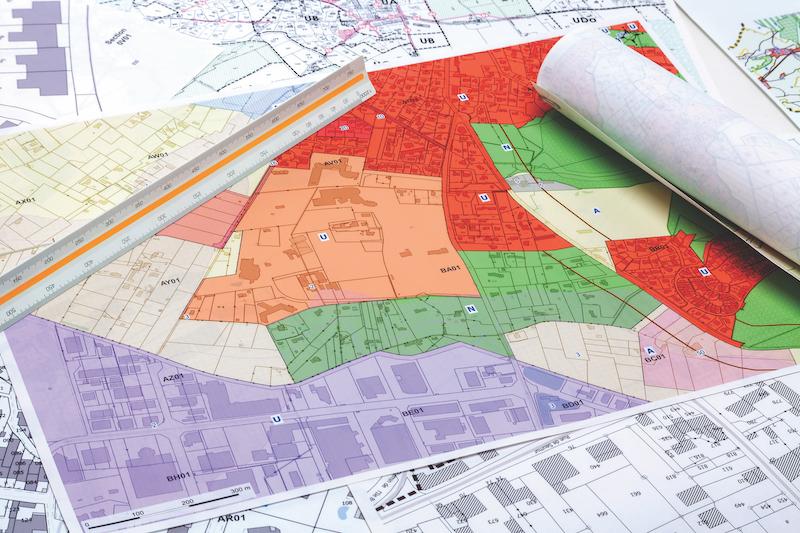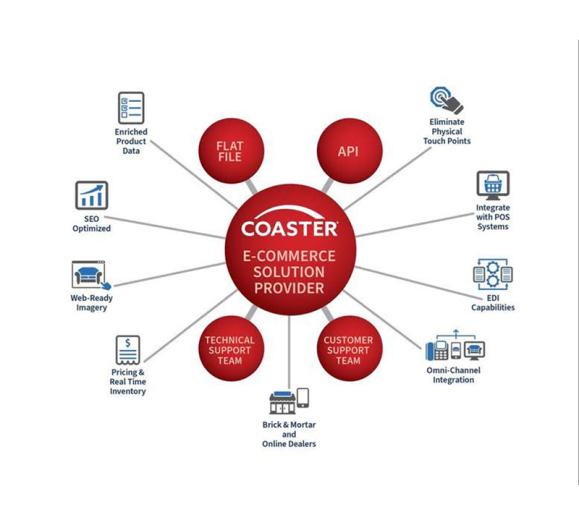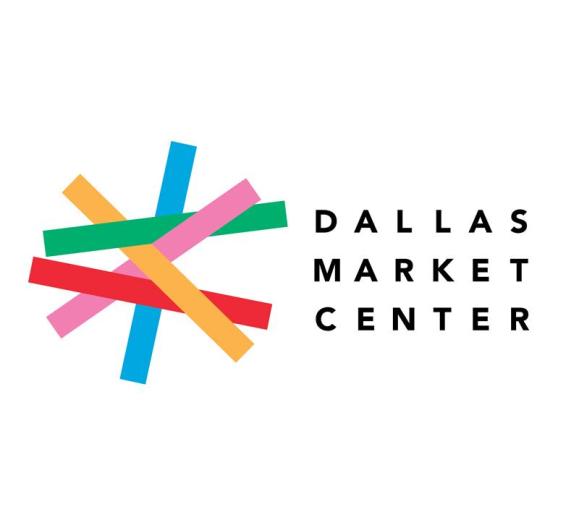With retail space costing an average of $20.85 per square foot, where you set up shop is important. Pick the wrong location and you risk being tied into a years-long lease, failing to drive significant foot traffic and consequently having store overheads crush profits. This guide from Shopify discusses a few retail location options, and how to choose the best one for your business.
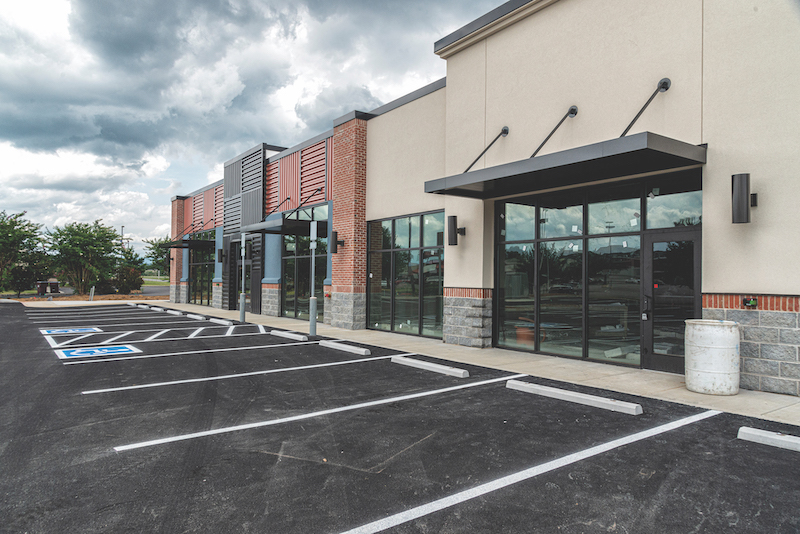
Brick and Mortar Retail
Brick-and-mortar retail is the most traditional type of physical location. Also known as freestanding or anchor stores, it’s a building used by retailers to connect with customers in their own premises.
Pros of Brick-and-Mortar Stores:
- Rent is cheaper. Busy shopping malls can charge a premium to retailers looking to tap into their existing foot traffic. Out-of-town landlords don’t have that luxury, so rent can be less expensive.
- They’re more accessible. Brick-and-mortar stores can be situated out-of-town but on a public road. Proximity to public transport and less expensive parking can make these locations more accessible.
- Some customers prefer them. Research shows that 27 percent of shoppers buy holiday gifts in local independent stores, beating traditional department stores or specialist merchants.
Cons of Brick-and-Mortar Stores
- Zoning rules apply. Cities, towns or village governments often set zoning regulations on how buildings in a given area can be used.
- A building that falls within a residential zone is unlikely to get approval as a retail shop.
- Foot traffic can be a challenge. Expect to invest in local advertising and signage to guide potential customers to your store.
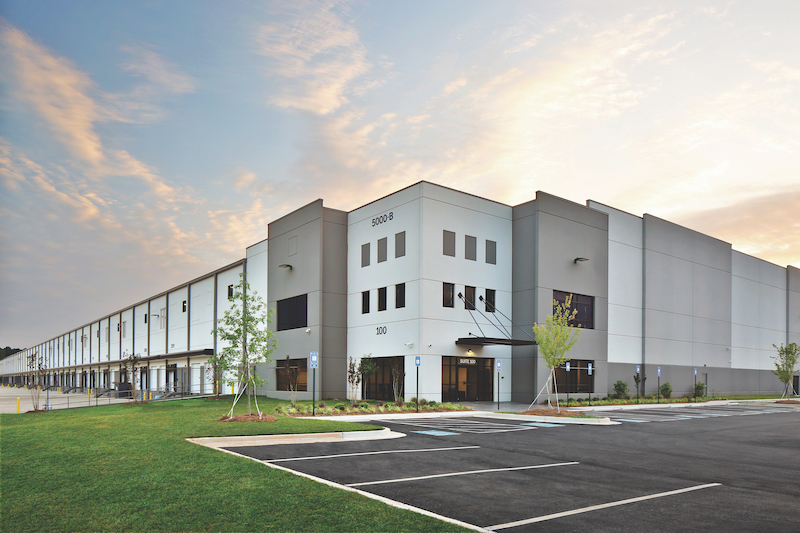
Business Parks
A business park can be used as a business headquarters. On some, you’ll find industrial plants and warehouses. These units can be great for expanding your retail business.
Pros of Business Parks:
- Parking is plentiful. Businesses located in a business park likely have their own employees driving to work, resulting in large parking lots customers can use.
- Lots of space. A unit in a business park is typically bigger than one you’ll find in a shopping center. That leaves room for storage, creative layouts and experiential retail.
- You’re surrounded by business people. Build relationships with business owners in nearby units for support when growing your own.
Cons of Business Parks:
- They’re usually built in semi-residential areas, so customers might be going out of their way to visit your store.
- Foot traffic can be minimal. This largely depends on the other units. If they’re offices or industrial plants, for example, only workers will pass through the business park.
- Public transport is unlikely to run there since most employees commute via car.

Home-Based
There’s a lot that goes into finding a retail location. If you’re still unsure about which is best for your business, consider setting up shop in a place you already have: your home.
Pros of home-based retail:
- It’s much cheaper since you’re not paying extra real estate leases or operating expenses. Plus, small business owners working from home can reduce their tax liability.
- It’s flexible. Minimal visitors means you have ultimate control over your “opening hours.”
Cons of home-based retail:
- Security can be an issue. You can’t have potential customers stop by your home-based store if you are reluctant to reveal your home address.
- Distractions come thick and fast, especially if you’re working in a busy household.
- Scaling becomes difficult. Selling more inventory is great for business, but not great if its storage begins to dominate your home.Some landlords prevent tenants from using their property as a retail space.
- The process of expanding your retail business is a daunting one. Whether you choose brick and mortar, a business park or your home, use these tips to secure the best spot for your next store. Remember: the goal is to best position your store to capture potential customers in the local community.
For more on this topic, visit: shopify.com/retail/retail-location



